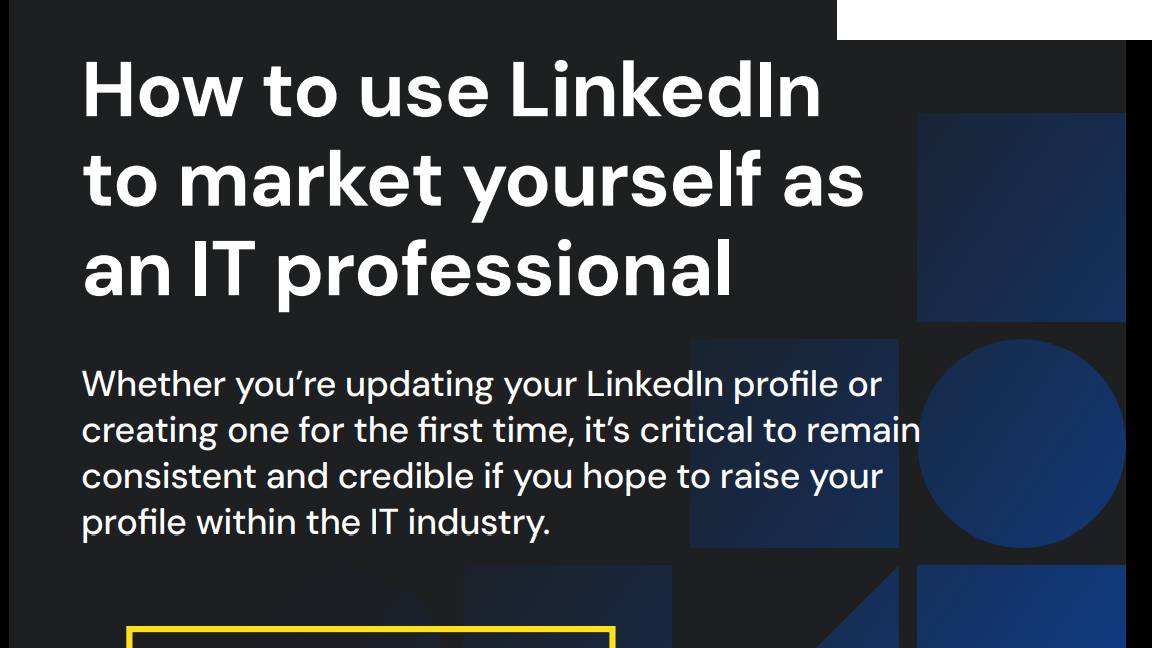Email: Dead or alive?
With the rise of social networks and other communications, we explore whether email's existence is under threat.


When Ray Tomlinson sent the first email containing the now ubiquitous @ sign, the art of communication changed irrevocably.
Sending a message was made simpler, quicker and cheaper. Now, on average, more than 10 billion emails are sent every day.
Yet there are claims email is a dying breed. As younger generations grow up with social networking, micro-blogging and instant messaging, some believe email is on its last legs and may even be something of an anachronism in just a decade.
Is this conceivable? In light of the significant numbers of messages flying between inboxes, how can email, a relatively short-lived communication, possibly be heading towards its funeral?
Death: Part I
Email as we know it is under threat from the range of communications tools that are emerging, one of them being social networks.
It was just earlier this year that a Facebook executive suggested email is probably going to be gone soon.
Get the ITPro daily newsletter
Sign up today and you will receive a free copy of our Future Focus 2025 report - the leading guidance on AI, cybersecurity and other IT challenges as per 700+ senior executives
While the irony that you need an email address to sign up to Facebook was not lost on many, even analysts have signalled social services are going to knock email usage.
Gartner recently claimed a fifth of businesses will use social networks as their central method of workplace communications by 2014.
In certain circles, there is a feeling that email has some serious limitations and other communication methods such as social networks offer greater ease of use and less clutter.
Goetz Boue, director at business consulting and technology services company Concentra, told IT PRO it may be time for businesses to look at alternatives to email and his firm has seen "a lot of interest" in social media.
"I think email is disruptive I think other tools provide better ways of communicating with colleagues," he said.
Email is costly as well, Boue suggested, as businesses are forced into investing in supporting services with backup and archiving solutions.
"Email comes at a huge cost, so if you find mechanisms to reduce that then all the better," he said. "There's reducing costs and then there's also improving efficiencies [and] improving the value people get from things."
Furthermore, there is little email clients can do to improve their services to make enough of a splash and become significantly more attractive, Boue said.
Usage levels will "definitely" decline, according to Boue, and he has seen this trend already appear in his own organisation.
Tom Brewster is currently an associate editor at Forbes and an award-winning journalist who covers cyber security, surveillance, and privacy. Starting his career at ITPro as a staff writer and working up to a senior staff writer role, Tom has been covering the tech industry for more than ten years and is considered one of the leading journalists in his specialism.
He is a proud alum of the University of Sheffield where he secured an undergraduate degree in English Literature before undertaking a certification from General Assembly in web development.
-
 Should AI PCs be part of your next hardware refresh?
Should AI PCs be part of your next hardware refresh?AI PCs are fast becoming a business staple and a surefire way to future-proof your business
By Bobby Hellard Published
-
 Westcon-Comstor and Vectra AI launch brace of new channel initiatives
Westcon-Comstor and Vectra AI launch brace of new channel initiativesNews Westcon-Comstor and Vectra AI have announced the launch of two new channel growth initiatives focused on the managed security service provider (MSSP) space and AWS Marketplace.
By Daniel Todd Published
-
 How to use LinkedIn to market yourself as an IT professional
How to use LinkedIn to market yourself as an IT professionalwhitepaper Whether you’re updating your LinkedIn profile or creating one for the first time, it’s critical to remain consistent and credible if you hope to raise your profile within the IT industry
By ITPro Published
-
 Generative AI has had "no material impact" on IT spending
Generative AI has had "no material impact" on IT spendingNews 2025 could be a watershed year for generative AI-related IT spending
By Ross Kelly Published
-
 More than half of firms now using generative AI
More than half of firms now using generative AINews Nearly half of firms are now using generative AI tools in full production, compared to just 4% in March
By Rory Bathgate Published
-
 Gartner urges CISOs to adopt new forms of trust and risk management for AI
Gartner urges CISOs to adopt new forms of trust and risk management for AINews CISOs will need to deploy new strategies for best-case implementations of AI
By Rory Bathgate Published
-
 AI security tools see mounting investment as businesses scramble to mitigate generative AI’s issues
AI security tools see mounting investment as businesses scramble to mitigate generative AI’s issuesNews Generative AI providers don't currently have the confidence of business leaders when it comes to sending sensitive data to their clouds
By Rory Bathgate Published
-
 Software engineers must embrace generative AI or risk job progression, Gartner says
Software engineers must embrace generative AI or risk job progression, Gartner saysNews Leaders will be expected to embrace more nuanced skills related to generative AI as its popularity builds
By Ross Kelly Published
-
 AI chips revenue to reach $53 billion in 2023, Gartner predicts
AI chips revenue to reach $53 billion in 2023, Gartner predictsNews Demand for customized AI hardware is driving huge growth in the market
By Rory Bathgate Published
-
 Meta to pay $725 million in Cambridge Analytica lawsuit settlement
Meta to pay $725 million in Cambridge Analytica lawsuit settlementNews The settlement closes the long-running lawsuit into how Facebook's owner, Meta, handled the Cambridge Analytica scandal
By Ross Kelly Published